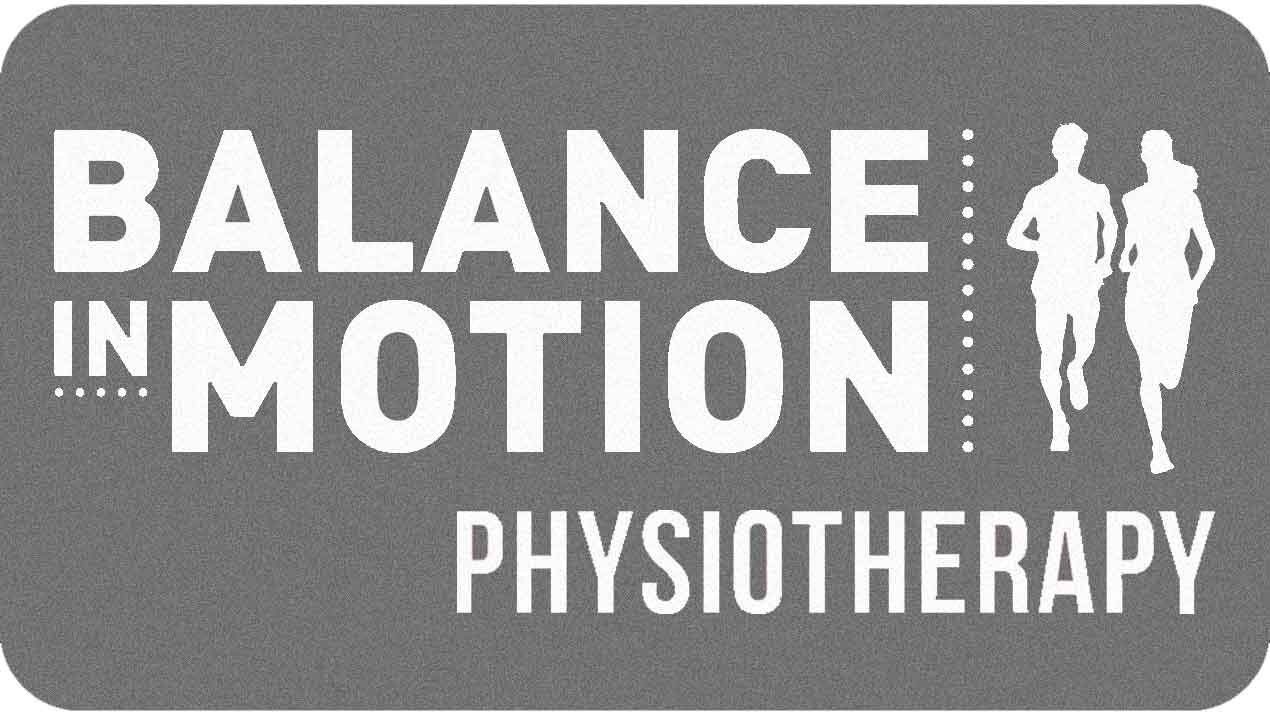How My Battle with Acute Low Back Pain Transformed My Approach to Solving Your Back Pain!
/My biggest fear was getting acute low back pain. I thought I'd dodged it. I’d never ever felt more than a twinge in four plus decades.
I felt like I could get away with never having it, given my track record to date. Until two weeks ago on the tennis court, when I picked up a tennis ball and had to be helped up the stairs. 85% of the population will experience back pain at some point. It is the most prevalent condition seen in a Physio Clinic.I’ve treated it, seen patterns and given loads of advice.
There is one bonus to going through the experience, actually being able to not just have empathy, but totally understand what someone is going through. Speaking from the horse's mouth on what works to relieve the discomfort and pain, and what doesn’t.
These are my top tips for exactly that, which I've refined a little since that fateful game of tennis. Feel free to share this with someone who is also experiencing back pain at the moment.
When you injure your back there are a lot of things that go through your head. Is it a disc?
What if it involves the spinal cord? What if I need six weeks off work? How am I going to feed my family?
The reality is that back pain resolves well with the right management, and the healing process is sped up considerably with the right plan of attack. You don’t need scans for the majority of back pain, especially in the acute setting. In fact, it’s been shown that getting x rays, or other scans, leads to worse outcomes with back pain. So if you don’t have the history of a massive fall, you don’t have bladder or bowel changes, and you don’t have significant muscle weakness, we will not get imaging - and we would be doing you a disservice if we did. For the record it isn’t really helpful to know whether it is a disc, facet joint, or something else. The management doesn’t change. The research either calls it “non specific back pain”, or “mechanical low back pain”
See a Physio. I’m a Physio and I had no idea what was wrong with me. What I thought was the issue wasn’t the case. One of my team was able to explain what caused it, how long it would take and what I could do to manage it. I couldn’t believe how much better I felt with some treatment, the correct exercises and reassurance I wasn’t going to end up in a wheelchair.
Movement is medicine. Staying in one spot is not helpful. Moving throughout the day is good for you. Listen to your back. It will tell you what is good and what is bad movement. It will also let you know when you’ve done enough movement and need to rest again.
Some backs like sitting and some like standing. Most of them don’t like rolling over in bed and they are generally worse in the morning (after the initial couple of sleepless nights).
It’s ok to take a little time off work to get out of the acute phase.
Get the exercises prescribed by a physio. Doing the exercises should immediately reduce your pain a little. It also gives you some control over your injury. I was doing it every 3 hours. I did the ones that were either pain free or stopped hurting after two reps. I didn’t do the ones that hurt. I used the spiky ball to give me some relief.
Don’t listen to your neighbour, friend, or whoever else is a self-nominal expert in back pain. Every case is different and the advice is often whacky. Also take what you read on google with a grain of salt. A lot of it is old school and you can freak out thinking you have cancer when you have mechanical back pain.
Sitting on the couch, or slumping, is generally a bad idea when it’s sore: sitting in a harder chair, that has back support, will generally be better for you. Adjusting your car seat so you're more up right and consciously avoiding slouching at all times are small things that help a lot.
Exercises are really the key to getting better and perhaps I could have progressed faster in hindsight. The reason you go back to the physio is really to know what exercises you need next, and whether you're doing them correctly. You need to keep progressing to more advanced ones.
There’s generally a change in load on your body and there can also be a mechanical component. My example was that I had been playing doubles in tennis with no problems, then decided to go back to singles. The extra volume led to an overload.
I also had a mechanical issue. I had a sore hip, which I chose to manage myself, which led to a weak glute, a weak core and poor mechanics of my pelvis. The picking up of the tennis ball was the ‘tip of the iceberg’ symptom of a much bigger problem. The solution: a structured program rehabbing my body through the stages 1) initially waking-up of the core muscles. 2) strength and endurance. 3) Power and retraining different planes of movement
So having back pain was shitty, but it really helped me get a clear understanding of what works and what doesn’t. If you know someone that’s hurt their back. Feel free to share this.

